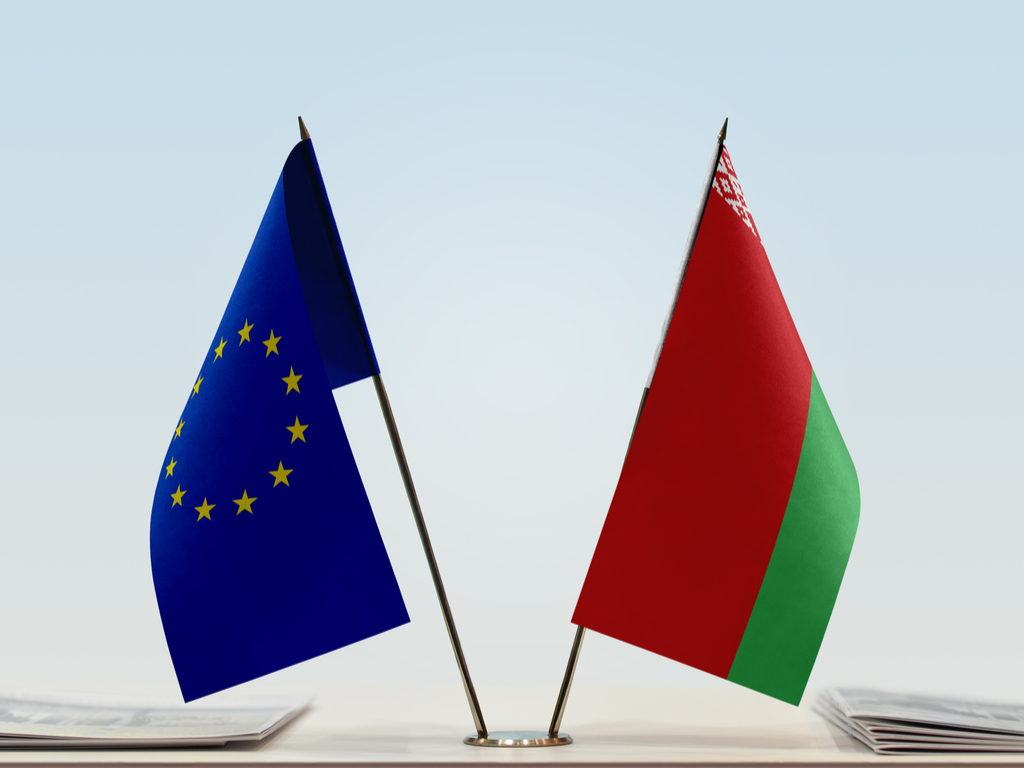Kateryna Bornukova, Academic Director at BEROC (Belarus)
The European Parliament intends to call for the creation of a new common economic space between the EU and the countries of the Eastern Partnership, according to a draft report leaked in April. The move aims at “gradual integration” of the EaP countries to the bloc. StrategEast has asked leading non-governmental organizations and experts from Eastern Partnership countries to find out what are the implications of such a move for each country’s economy. Here are the answers from the Belarussian expert.
How well is your country prepared for such integration? In what areas is your country’s leadership ready to maximize economic integration with the EU: in universalizing economic legislation, in removing customs barriers, in creating a single labor market?
This integration is certainly not aimed for Belarus: our country still has no Partnership Agreement with the EU, and further economic integration, while welcome, is not on the table. It is not being debated within the country as there is a firm understanding it is out of reach for Belarus. Moreover, while some integration is definitely possible (and Belarus is in constant dialogue with the EU on the removal of some quotas and tariffs, for example), removing customs barriers or a single labor market is not on the table.
How would the possible “common economic space” be affected by the fact that in the Eastern Partnership there are both countries aimed at EU membership, such as Ukraine, and there are also those that directly deny this possibility as Belarus?
Many of the Eastern Partnerships initiatives are designed to address the countries that proclaim the desire to enter the EU in the future and do not take into account the needs or possibilities of the countries like Belarus that does not have this ambition. It does not mean that Belarus is not welcoming certain integration steps, but unfortunately, it cannot follow the path created for the EU accession track countries, and often no alternative path is offered.
And finally, how would the common economic space with the EU be affected by the membership of some EaP countries in the Eurasian Economic Community led by Russia?
Eurasian Economic Union implies a common economic space and a customs union for its members. Hence, Belarus as a member cannot unilaterally join the EaP-EU common economic space. Again, it does not exclude trade liberalization altogether, but any kind of a customs union would have to be agreed with the Eurasian Economic Union.




